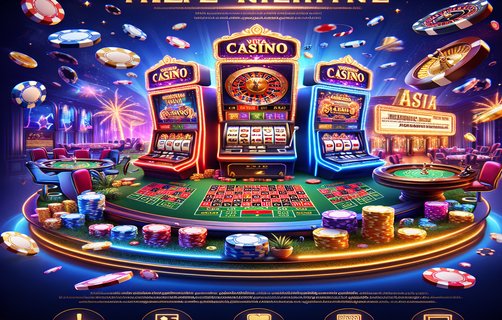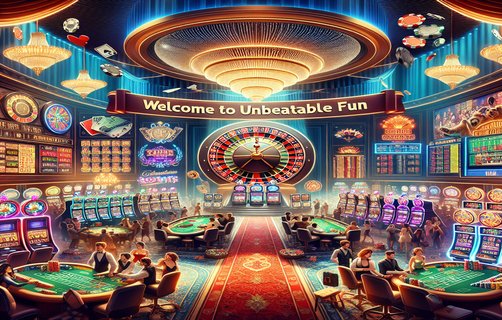The Ethical Landscape of Free Poker Games: A Designer's Perspective
In the realm of online gaming, free poker games have gained immense popularity, often acting as a gateway for new players to enter the exhilarating world of poker. However, as designers and marketers engage with this dynamic environment, it becomes essential to delve deep into the underlying principles that govern both gameplay and the player experience. Employing the designer's thinking framework, we can explore various aspects such as understanding poker range, instant payouts, marketing strategies, minimum bets, one-click betting, and even alternative payment methods like Paysafecard. This discussion will also touch upon the ethical implications surrounding these elements.
Understanding Poker Range is fundamental to both the game's strategy and its design. A player's range — which denotes the variety of hands they might realistically hold — influences not only their potential moves but the overall dynamics of the game. Designers should consider how best to educate players about ranges through intuitive interfaces or tutorials. The ethical aspect of this lies in ensuring that all players, regardless of skill level, have access to the information required to compete fairly, thus fostering a more inclusive environment.
Instant Payout mechanisms are a significant attraction in free poker games. They promise immediate rewards, thereby enhancing player engagement. However, it’s crucial that designers balance this attraction with responsible gaming practices. Flashy rewards should not encourage compulsive play or the idea that quick wins are the norm. It's our responsibility to communicate the reality of poker's inherent risks, thereby promoting a healthier gaming experience.
When examining Marketing Strategies, we must reflect on how free poker games are promoted. While enticing offers and bonuses can draw players in, they also run the risk of undermining the ethical standards of gameplay. Strategies should focus on transparency, ensuring players are fully informed about the terms associated with any promotions. This builds trust and helps to establish a community driven by fair play, ultimately benefiting the brand in the long term.
Minimum bets in free poker games can also reflect a designer's commitment to inclusivity. Setting low thresholds for entry allows a broader demographic of players to enjoy the game without financial strain. However, we must be cautious about encouraging betting behaviors that might lead to unhealthy habits. Thus, designers are confronted with the ethical challenge of creating an accessible yet responsible gambling environment.

One-click bets can enhance user experience by streamlining the decision-making process in poker. Yet, simplifying the betting experience raises concerns—players may make rash decisions without fully considering the implications of their bets. As designers, incorporating features that encourage reflection—a moment to reconsider a bet, for example—reinforces responsible play.
Finally, exploring Underdog Betting and alternative payment methods like Paysafecard can help broaden player participation. While offering players a variety of options, it's essential to ensure that all methods remain safe and transparent. Educating users about potential risks associated with their chosen payment methods is crucial in maintaining an ethical approach.

In conclusion, the exploration of free poker games through the lens of designer's thinking compels us not only to innovate but to uphold ethical standards. By addressing aspects such as poker range, payouts, marketing, and betting dynamics, we can create an experience that respects player agency and fosters a responsible gaming culture. This not only enhances the reputation of poker as a beloved pastime but also safeguards the well-being of all participants.
